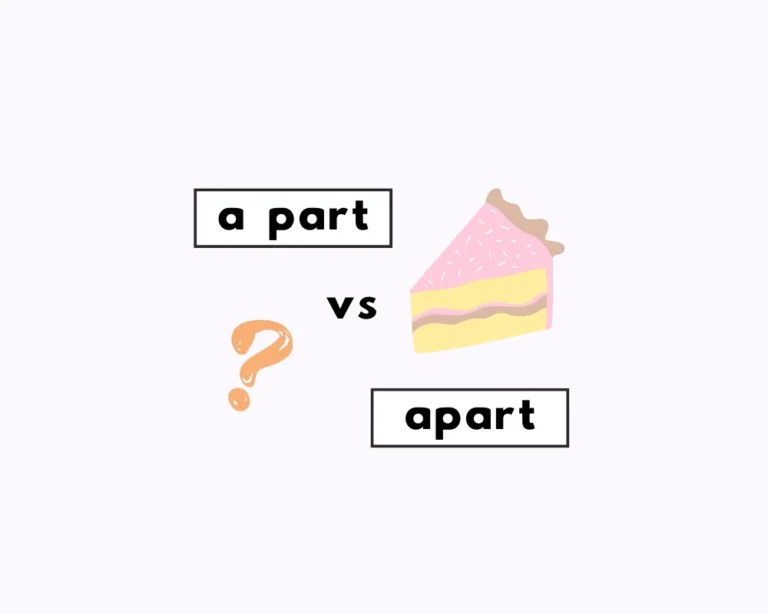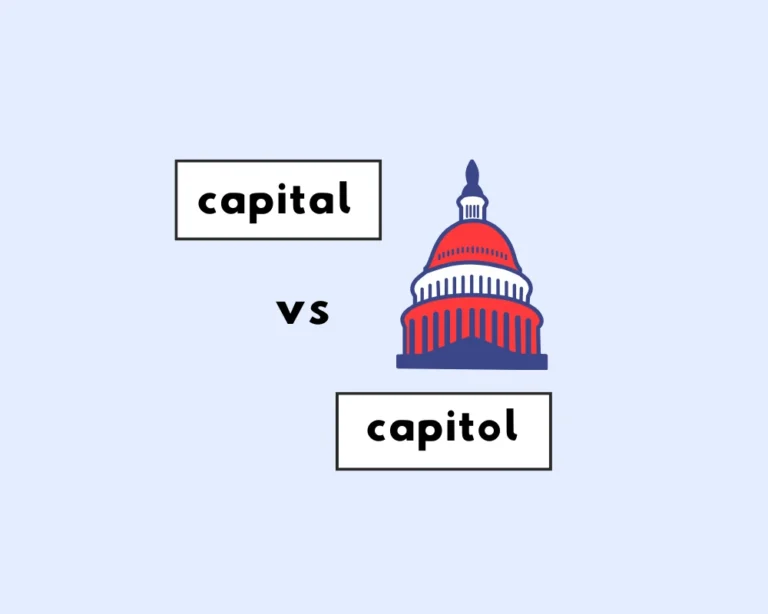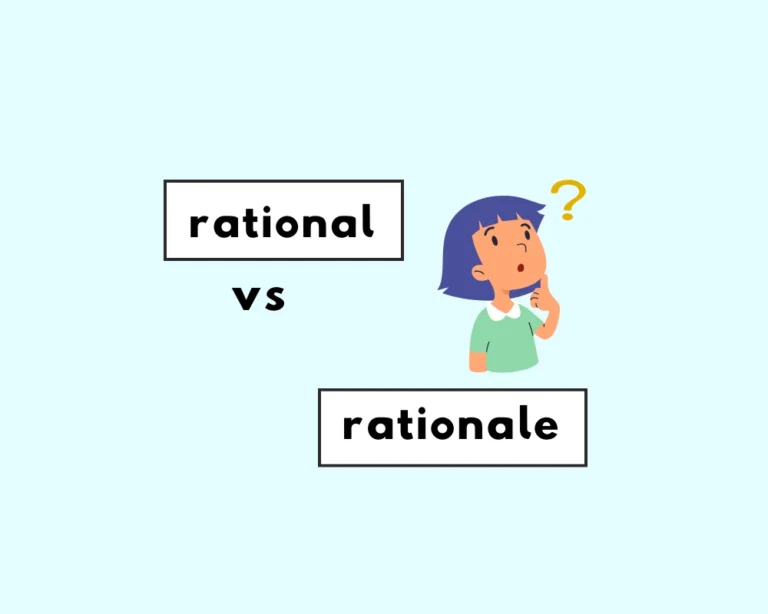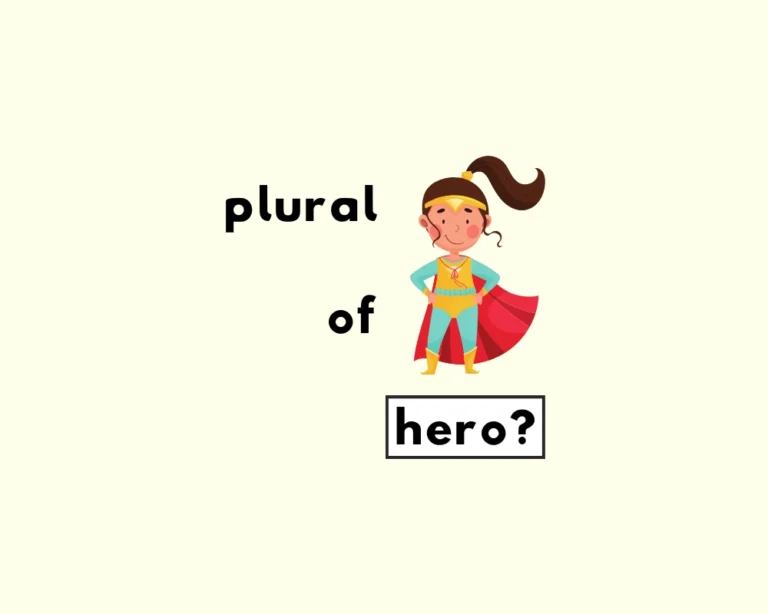
When to Use a Comma Before or After “But”?
When you use “but” to join two independent clauses (each of which can stand alone as a sentence), a comma should be placed before “but”.
Explore the breadths and depths of Grammarflex’s knowledge base, containing resources and comprehensive guides on pretty much everything you could want to know related to English grammar and writing.
Learn all about the main parts of speech, which (in case you forgot) comprises of verbs, nouns, adjectives, pronouns, adverbs, conjunctions, prepositions and interjections. Beyond the fundamentals of English grammar, you’ll find guide on writing mechanics and style, literary devices amd more.


When you use “but” to join two independent clauses (each of which can stand alone as a sentence), a comma should be placed before “but”.

In American Style, punctuation typically goes inside quotation marks. For British English, punctuation usually goes outside of quotation marks. Exceptions exist in either case.

Use commas before “and” when joining two independent clauses to form a compound sentence. Sometimes, a comma is used after ‘and’ in a series or

Apart is an adverb that indicates separation. A part uses the article “a” with the noun “part”, and means a piece of something larger.

Awhile (one word) is an adverb that means “for a period of time”. A while is a noun phrase that means an unspecified period of

Read the GrammarFlex guide on the 8 main rules of comma use in English grammar and writing.

Capital is the correct word for capital city. Capitol refers to a building or buildings occupied by the state legislature; e.g., the Capitol building in

Rational (adjective) describes someone or something as reasonable. A rationale (noun) is to a reason behind something.

Not all heroes wear capes, and yes, ‘heroes’ is the correct plural of hero.